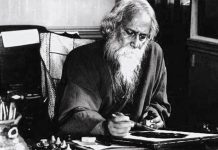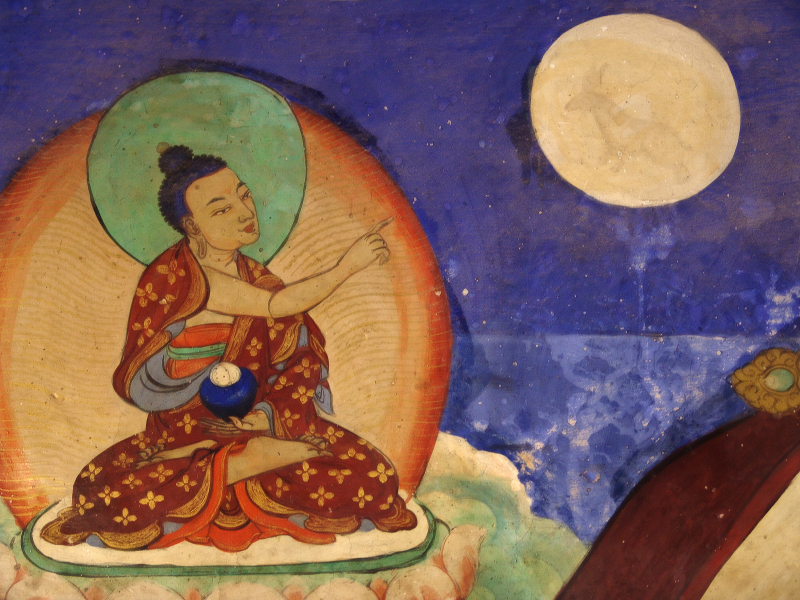Bell Hooks is an amazing thinker. Even though she is a great Professor, her writings are refreshingly different from the standardized ‘academic’ prose. Be it pedagogy, racism, sexism or gender, she writes with heightened sensitivity. Far from carrying the burden of scholarship, she seeks to communicate with her readers; she touches their souls. She is immensely radical; but then, she is not cynical. She speaks of hope and love; she engages with feminism, religiosity and critical pedagogy. Her books and essays flow like a river. Possibly, she proves what the prevalent academic culture seems to have forgotten—meaningful and good writing need not necessarily be mystified, jargonized and unnecessarily complicated. Bell Hooks has written extensively on love—its healing and transformative power. In a way, she has retained the tradition of Erich Fromm. In a world brutalized by greed, violence, reckless consumerism, narcissism and gross inequality, we seem to have lost hope in the possibility of love. However, Bell Hooks reminds us of the treasure of love. Yes, as she says, ‘love heals’.
Be aware of the “me” culture
Although we live in close contact with neighbors, masses of people in our society feel alienated, cut off, alone. Isolation and loneliness are central causes of depression and despair. Yet they are the outcome of life in a culture where things matter more than people. Materialism creates a world of narcissism in which the focus of life is solely on acquisition and consumption. A culture of narcissism is not a place where love can flourish. The emergence of the “me” culture is a direct response to our nation’s failure to truly actualize the vision of democracy articulated in our Constitution and Bill of Rights. Left alone in the “me” culture, we consume and consume with no thought of others. Greed and exploitation become the norm when an ethic of domination prevails. They bring in their wake alienation and lovelessness. Intense spiritual and emotional lack in our lives is the perfect breeding ground for material greed and consumption. In a world without love, the passion to connect can be replaced by the passion to possess. While emotional needs are difficult, and often are impossible to satisfy, material desires are easier to fulfill. Our nation fell into the trap of pathological narcissism in the wake of wars that brought economic bounty while undermining the vision of freedom and justice essential to sustaining democracy.
When greedy consumption is the order of the day, dehumanization becomes acceptable. Then, treating people like objects is not only acceptable but is required behavior. It’s the culture of exchange, the tyranny of marketplace values. Those values inform attitudes about love. Cynicism about love leads young adults to believe there is no love to be found and that relationships are needed only to the extent that they satisfy desires. How many times do we hear someone say “ Well, if that person is not satisfying your needs you should get rid of them”? Relationships are treated like Dixie cups. They are the same. They are disposable. If it does not work, drop it, throw it away, get another. Committed bonds (including marriage) cannot last when this is the prevailing logic. And friendships or loving community cannot be valued and sustained,.
Redemptive love
No matter how often we turn our minds and hearts away—or how stubbornly we refuse to believe in its magic—true love exists. Everyone wants it, even those who claim to have given up hope. But not everyone is ready. True love appears only when our hearts are ready. A few years ago I was sick and had one of those cancer scares where the doctor tells you if the tests are positive you will not have long to live. Hearing his words I lay there thinking, I could not possibly die because I am not ready, I have not known true love. Right then I committed myself to opening my heart: I was ready to receive such love. And it came.
This relationship did not last forever, and that was difficult to face. All the romantic love of our culture has told us when we find true love with a partner it will continue. Yet this partnership lasts only if both parties remain committed to being loving. Not everyone can bear the weight of true love. Wounded hearts turn away from love because they do not want to do the work of healing necessary to sustain and nurture love. Many men, especially, often turn away from true love and choose relationships in which they can be emotionally withholding when they feel like it but still love from someone else. Ultimately, they choose power over love. To know and keep true love we have to be willing to surrender the will to power.
SOURCE: Bell Hooks, All About Love: New Visions, William Morrow, New York, 2001













